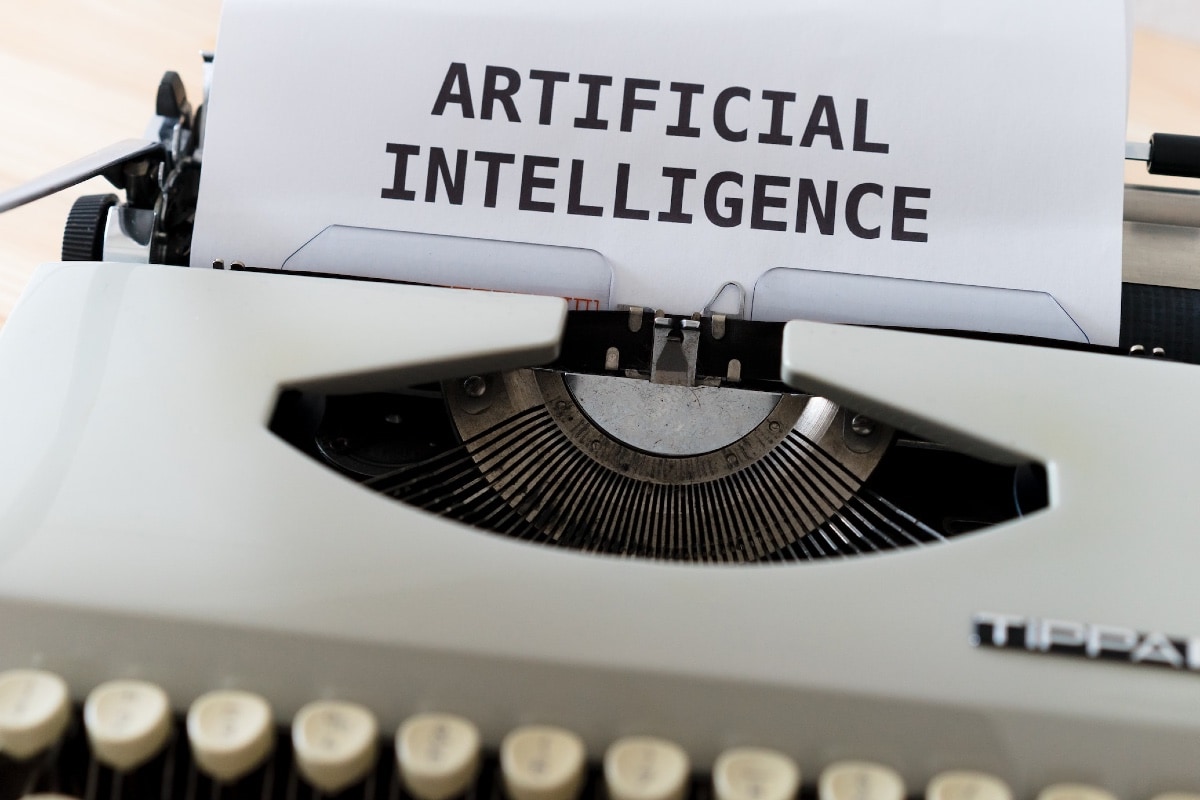Geoffrey Hinton, renowned as one of the pioneers of artificial intelligence, stressed the importance of government intervention in ensuring that machines do not gain control over society. Hinton, who recently left Google to openly discuss the dangers of AI following the launch of ChatGPT, shared his insights at the Collision tech conference in Toronto, attended by over 30,000 startup founders, investors, and tech professionals eager to learn about riding the AI wave. Hinton emphasized the need for AI developers to invest considerable effort into understanding and preventing potential takeovers before AI surpasses human intelligence, advocating for a more balanced approach in AI development.
Despite critics who downplay the risks, Hinton emphasized the seriousness of AI risks, dismissing them as neither science fiction nor fear mongering. He urged proactive consideration of these risks and the formulation of preemptive strategies. Hinton also expressed concerns over AI exacerbating inequality, with the benefits of increased productivity enriching the wealthy instead of workers, which poses a significant threat to society.
Furthermore, Hinton highlighted the issue of fake news propagated by AI-powered bots like ChatGPT and proposed implementing a mechanism to distinguish AI-generated content, similar to central banks watermarking currency. The European Union is currently exploring this possibility as part of the AI Act, a legislative framework governing AI regulations in Europe.
While Hinton’s warnings centered on the potential dangers of AI, discussions at the conference primarily revolved around seizing opportunities arising from ChatGPT. Venture capitalist Sarah Guo dismissed concerns about AI as an existential threat, likening them to discussions about overpopulation on Mars, a concept deemed premature by AI expert Andrew Ng. Guo also cautioned against “regulatory capture,” expressing fears that government intervention might prioritize the interests of existing players over sectors such as health, education, and science.
Opinions differed regarding the future of generative AI giants like Microsoft-backed OpenAI and Google. Some believed these companies would remain unrivaled in the next five years, possessing the capital necessary to produce the best and most advanced general models. On the other hand, individuals like Zachary Bratun-Glennon of Gradient Ventures envisioned a future with a vast network of models, akin to the current network of websites.
In conclusion, Geoffrey Hinton’s address shed light on the significance of government involvement in preventing AI from taking control, urging developers to prioritize understanding the risks. He highlighted the genuine dangers associated with AI, including widening inequality and the spread of fake news. The conference, while acknowledging these risks, predominantly focused on capitalizing on the opportunities presented by AI. Nonetheless, opinions diverged on the future landscape of AI, with some expecting existing players to dominate, while others anticipated a proliferation of diverse models.
Denial of responsibility! TechCodex is an automatic aggregator of the all world’s media. In each content, the hyperlink to the primary source is specified. All trademarks belong to their rightful owners, and all materials to their authors. For any complaint, please reach us at – [email protected]. We will take necessary action within 24 hours.
Alex Smith is a writer and editor with over 10 years of experience. He has written extensively on a variety of topics, including technology, business, and personal finance. His work has been published in a number of magazines and newspapers, and he is also the author of two books. Alex is passionate about helping people learn and grow, and he believes that writing is a powerful tool for communication and understanding.


